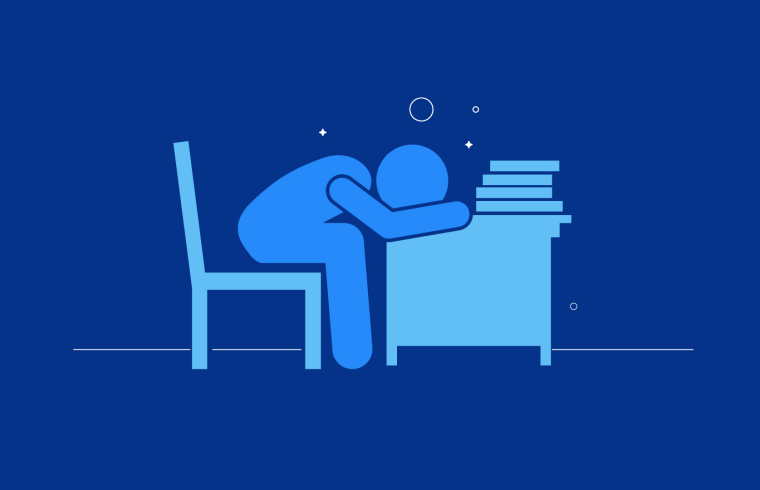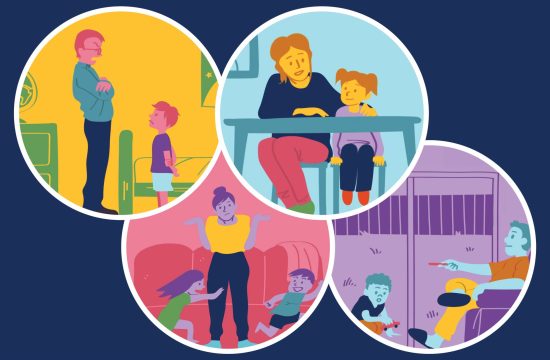The Sleep Crisis in Teens
BY REBECCA HASTINGS
Most teens need 8-10 hours of sleep per night, but studies show many are getting far less. The consequences? Mood swings, trouble concentrating, weakened immune systems, and increased risk of anxiety and depression. A tired teen isn’t just grumpy; they’re vulnerable.
Why It’s So Hard for Teens to Sleep
Several factors collide to make sleep difficult for teens:
- Biology. Teen circadian rhythms naturally shift, making them feel tired later at night and want to sleep in.
- Academics. Homework and extra-curriculars often push bedtime later.
- Screens. Devices emit blue light that delays melatonin production, making it harder to fall asleep.
- Stress. Social and academic pressures keep their minds racing at night.
How Screens Contribute to the Problem
From TikTok to texting, screens are a major culprit in sleep disruption. Not only do they delay sleep onset, but they often stimulate emotional or social reactions that keep the brain alert. Nighttime scrolling can lead to comparing, worrying, and a cascade of thoughts that delay rest.
Practical Ways to Help Your Teen Reset Their Sleep
You don’t have to overhaul your whole routine to make progress. Start small with these parent-approved strategies:
- Set a consistent sleep schedule. Encourage your teen to go to bed and wake up at the same time each day – even on weekends. This helps regulate their internal clock and improves sleep quality over time.
- Create a tech wind-down routine. Designate the last hour before bed as screen-free. Suggest low-stimulation activities like reading, journaling, or listening to calming music. You can model this too by putting your own phone away.
- Limit screen use in bedrooms. Consider having a central charging station outside the bedroom for phones and tablets. If removing screens completely isn’t realistic, set “tech curfews” or use app settings to limit access to stimulating apps.
- Encourage a relaxing bedtime routine. Help your teen find what calms them: a hot shower, herbal tea, gentle stretching, or deep breathing. A predictable bedtime routine signals the brain it’s time to wind down.
- Make the bedroom a sleep sanctuary. Keep the room cool, dark, and quiet. Blackout curtains, white noise machines, or even a weighted blanket can promote better rest.
- Talk about stress. Teens may not always share what’s on their minds, but stress is often the root of sleeplessness. Create space for casual check-ins. Ask questions like, “What was the best and worst part of your day?” and really listen.
- Don’t overschedule. It’s tempting to say yes to every opportunity, but too many activities can lead to burnout. Help your teen evaluate what truly matters and what can wait. Protecting downtime is just as important as productivity.
- Support healthy habits. Sleep improves with regular physical activity and good nutrition. Encourage outdoor time, balanced meals, and hydration. Avoid caffeine in the afternoon and evening.
- Address underlying issues. If your teen consistently struggles with sleep despite trying these strategies, it could signal something deeper. Anxiety, depression, or ADHD can affect sleep patterns. Talk to your pediatrician or a mental health professional if needed.
- Be patient and consistent. Change takes time. Teens may resist limits or routines at first, but consistency helps. Keep communication open, offer choices, and acknowledge small wins.








